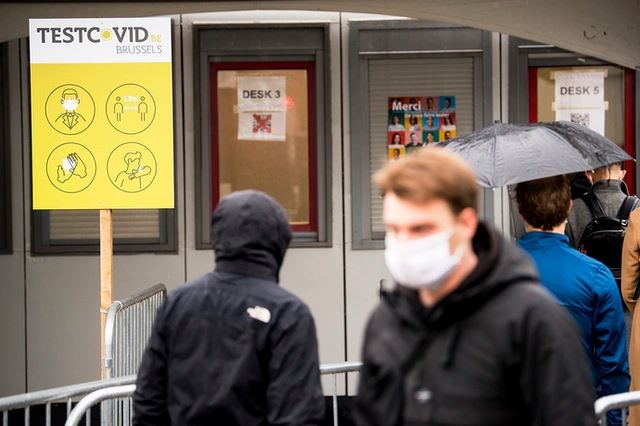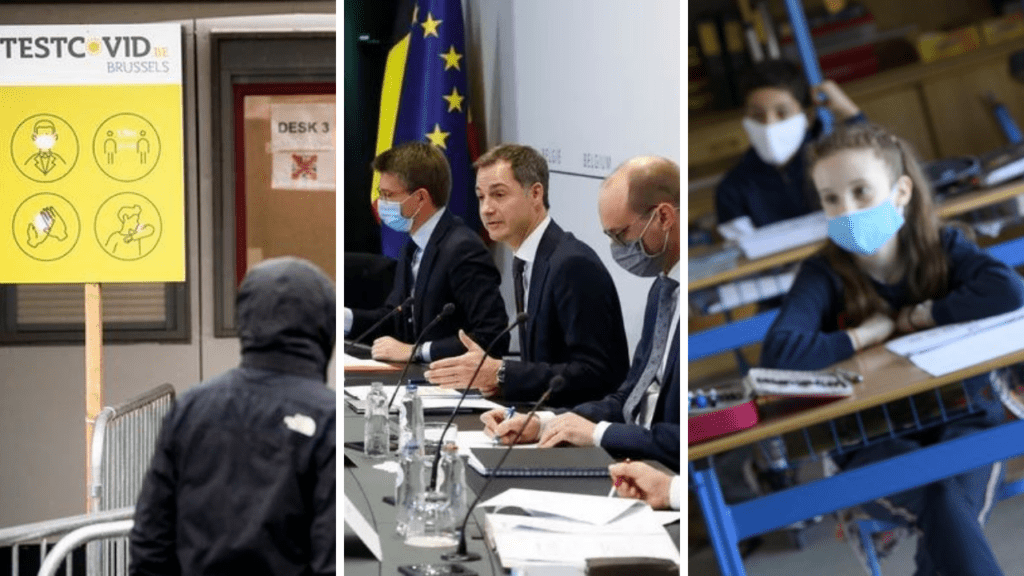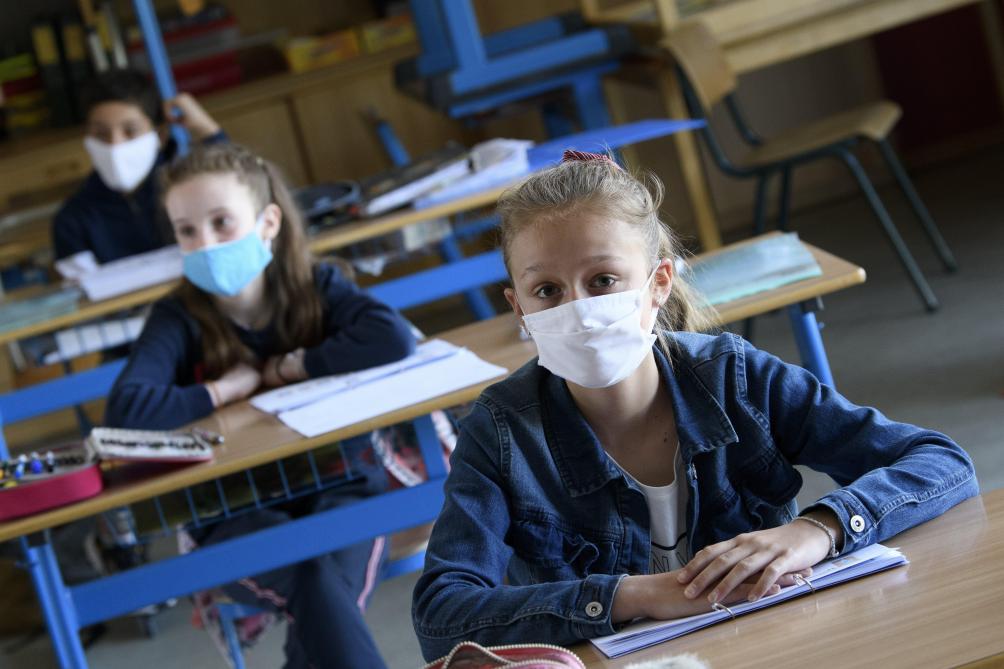Belgium's looming meeting of the Consultative Committee on Friday is expected to lead to no changes to current measures, according to a federal government source quoted in national media.
So ultimately things are expected not to change - unless, of course, anything being called for is put into action - in which case they will indeed have changed. Wait. What?
This is the inherent issue with such a large meeting (and the attached press conference after) - it's almost impossible to know what's coming ahead of time. All we can say, for now, is what is possibly going to be discussed. Namely:
- How to motivate the population.
- Calls to set up a perimeter - with people only allowed to move within a certain radius around their home - as called for by Geert Molenberghs.
- Another topic could be the recent reopening of non-essential shops. As stores in the Netherlands and Germany have closed, some border municipalities are fearing a great influx of people.
Ultimately, however, we don't know what will happen - but once we do, we'll make sure you do too.
Belgium in Brief is a free daily roundup of the top stories to get you through your lunch break conversations. To receive it straight to your inbox every day, sign up below:
1. WWII explosive found in Brussels home
Brussels police evacuated 36 people from six buildings on Wednesday evening after the discovery of an unexploded mortar shell in a house in the Hansen-Soulie street in Etterbeek.
The explosive was found after a safe was opened in a house being emptied. Workers found a shell, presumably from the Second World War, which had been fired but had not exploded. Read more.
2. Brussels does not test enough for Covid-19, expert warns

The Brussels-Capital Region and Wallonia are not carrying out enough coronavirus tests, according to biostatistician Geert Molenberghs.
Even though Belgium is one of the frontrunners in Europe when it comes to testing policy, there are still major differences between regions, with Brussels and Wallonia not testing enough. Read More.
3. What’s on the agenda of Belgium’s Consultative Committee tomorrow?
Belgium’s Consultative Committee will meet early on Friday to evaluate the coronavirus figures and discuss possible new measures for the end-of-year period.
Initially, changes to the measures were not on the agenda for Friday, but as Belgium’s infection figures have been increasing for several days in a row now, that seems to have changed.
Here's the more in-depth version of what's explained above.
4. Close schools until 31 January, expert warns
Belgium should close its schools until 31 January, according to a “radical proposal” by an immunologist, that has now received support from OECD education expert Dirk Van Damme.
“I think schools are an underestimated factor,” immunologist Hans-Willem Snoeck (Columbia University in New York) wrote in an opinion piece in De Morgen, where he made “a radical proposal” to shut schools until the end of January. Read More.
5. Belgium will start vaccinating ‘on same day’ as all EU members
Belgium will start vaccinating its population against the coronavirus on the same day as the other Member States of the European Union.
Speaking on Wednesday, European Commission president Ursula von der Leyen said that all EU members will be able to start vaccinating “on the same day,” after Pfizer-BioNTech’s vaccine gets the official green light. Read more.
6. Flemish ban on slaughter without stunning backed by European Court
The European Court of Justice (ECJ) in Luxembourg has upheld a ban by the Flemish government on animal slaughter without prior stunning.
The court was responding to a request from Belgium’s Constitutional Court for a ruling on a point of EU law.
In July 2017, the Flemish government introduced a decree banning the slaughter of animals for meat without stunning them first. Stunning is usually done using electrodes to give a shock or a captive-bolt gun. Read More.
7. Coronavirus: Tenerife closes its borders for 15 days
The Spanish island of Tenerife will close its borders for 15 days from Friday night in order to fight the spread of Covid-19, the President of the Canary Islands announced on Wednesday.
Entry and departure from the island of Tenerife will be restricted, said Canary Islands president Ángel Victor Torres, except for displacements that are “adequately justified.” Read More.
Jules Johnston
The Brussels Times


